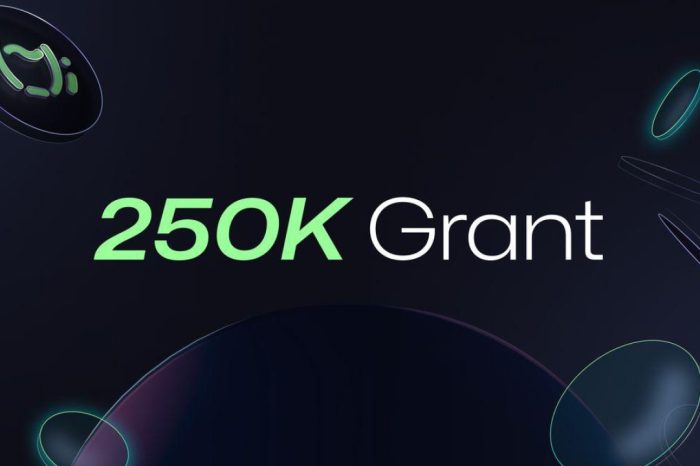OpenAI hits $2 billion revenue milestone as demand for generative AI skyrockets

OpenAI achieved a significant milestone, reaching a $2 billion revenue in December as demand for generative AI skyrockets. The Microsoft-backed OpenAI also surpassed $2 billion on an annualized basis, the Financial Times reported on Friday, citing two sources familiar with the matter.
This remarkable success is attributed to the exceptional performance of ChatGPT, the company’s flagship artificial intelligence product, positioning OpenAI as one of the most rapidly growing technology firms in history.
This achievement also underscores the remarkable growth trajectory of the San Francisco-based AI startup, which has garnered considerable interest from businesses keen on leveraging its technology for generative AI applications in the workplace.
Sources familiar with OpenAI’s financials told the Financial Times that the company’s annual run rate reached $2 billion in December 2023, with expectations to more than double this figure by 2025. This projection places OpenAI among the elite ranks of Silicon Valley giants like Google and Meta, which achieved billion-dollar revenues within a decade of inception.
“OpenAI’s revenues have surpassed $2bn on an annualized basis, as the runaway success of its flagship artificial intelligence product ChatGPT puts it among the fastest-growing technology companies in history,” Financial Times reported.
The surge in revenue is largely attributed to the widespread adoption of OpenAI’s flagship product, ChatGPT, which has witnessed exponential growth. Previous reports from The Information highlighted a rapid revenue increase, with annualized revenue reaching $1.6 billion in December, up from $1.3 billion in mid-October.
Investor interest in OpenAI remains robust, with the startup valued at over $80 billion. CEO Sam Altman is reportedly engaged in discussions with investors, including those from the UAE, to secure funding for various initiatives aimed at enhancing chip-building capabilities and expanding AI infrastructure.
OpenAI was founded in 2015 by Elon Musk and Sam Altman as a non-profit research institution with a singular mission to forge the path toward the creation of safe and advantageous artificial general intelligence (AGI). In 2020, OpenAI transitioned into a commercial entity, marking a significant shift in its trajectory. Despite internal upheavals in November, including Altman’s temporary ousting and subsequent reinstatement, the company continues to capitalize on the burgeoning AI market catalyzed by ChatGPT’s launch in 2022.
Altman revealed that a staggering 92% of Fortune 500 companies are utilizing OpenAI products, with ChatGPT boasting 100 million weekly users. This reflects the growing demand for generative AI technologies across consumer and business sectors.
OpenAI’s success has not gone unnoticed, as competitors, including tech giants like Google and Meta, as well as startups like Anthropic, Mistral, and Cohere, are also entering the commercial AI space. Google recently unveiled its AI system, Gemini, available to users through a premium subscription model priced at $20 per month.
Throughout its journey, OpenAI has built a series of remarkable AI systems, among them the influential GPT-3 language model and the innovative DALL-E 2 image generation model. The company has received at least $13 billion in investment from Microsoft and is reportedly valued at $86 billion.

